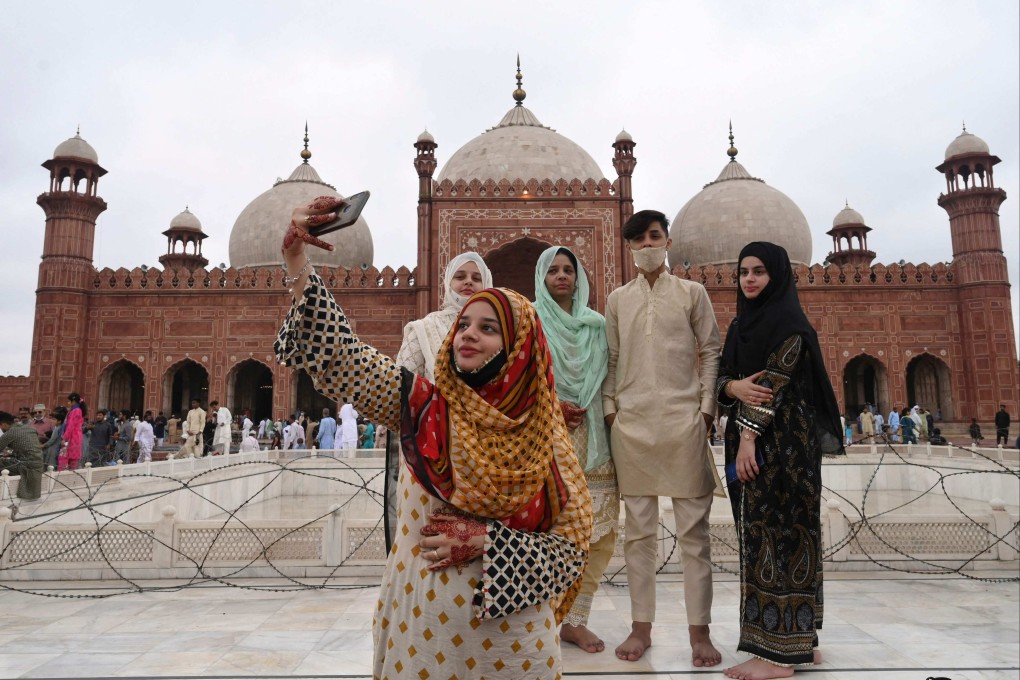Eye on Asia | How Pakistan’s young economy can harness the power of blockchain
- There is great potential for blockchain to modernise Pakistan’s core industries of textiles, agriculture and sharia finance
- This, combined with its young population and high mobile internet penetration rate, can change the course of Pakistan’s future

Sandwiched between war-torn Afghanistan and tech-savvy India, Pakistan attracts little attention in the world of start-ups. But Pakistan’s start-up ecosystem has great potential and understanding this is critical for investors, start-ups and developed economies alike.
Pakistan’s young population, high mobile penetration rate and relative political stability are all economic driving factors that can change the course of its future. But to catapult itself into modern competition, Pakistan needs blockchain technology – a blockchain start-up ecosystem may very well secure Pakistan’s economic longevity.
The potential for human capital development is huge. Out of Pakistan’s population of over 221 million, some 64 per cent are under the age of 30. Last year alone, internet users grew by 21 per cent. The internet penetration rate, with an emphasis on mobile devices, highlights Pakistan’s tech-readiness.
While not exactly the poster child for political stability, Pakistan is one of the more secure countries in its region, having successfully made the difficult transition from military rule to elected government.
In recent years, budget spending on education has grown alongside investment in human capital. In April, the government said its central bank would set up a US$75 million fund for entrepreneurs and small start-ups.

